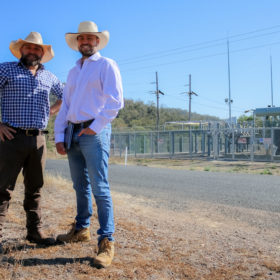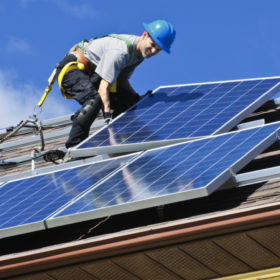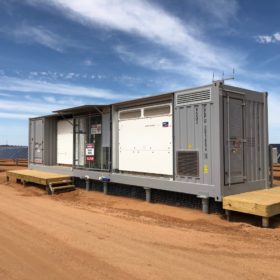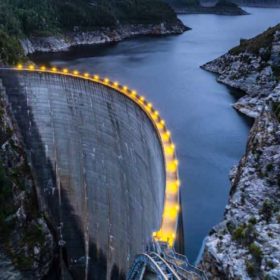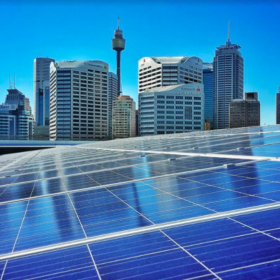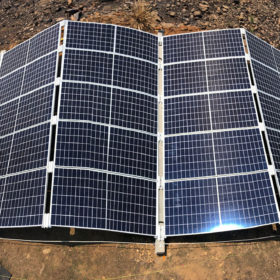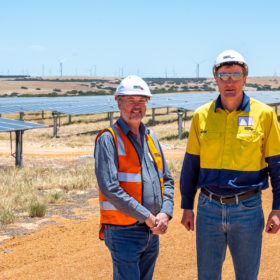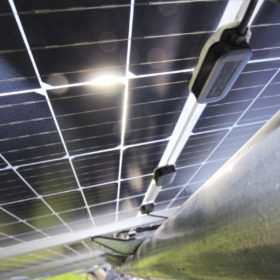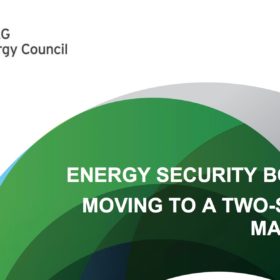Code red! Agricultural solar hit by NSW Environmental Planning Policy Amendment
The New South Wales solar industry hailed last week’s amendment to the state planning laws, which allows installation of larger rooftop solar systems on households and businesses without council approvals. But omission of a previous enabling clause from the legislation will add cost and delays to ground-mounted solar developments of more than 30 kW.
Stepping on the gas
Australia’s leader, Scott Morrison, and several of his ministers, including the Minister for Emissions Reduction, Angus Taylor, try at every opportunity to push more homegrown gas into the country’s energy mix. With global gas at rock-bottom prices, they’re now touting a gas-led recovery. What’s right and wrong with this picture?
NSW amends laws to pave the way for rooftop solar and big batteries
The New South Wales government has amended legislation to allow for larger-scale solar systems to be installed on homes and commercial buildings without council approval and to facilitate the installation of utility-scale batteries.
Constraints lifted for five West Murray solar farms
In a major feat for the energy sector, the Australian Energy Market Operator (AEMO) has provisionally lifted generation constraints imposed on five solar farms in the West Murray Zone, following the successful testing of new tuned inverter settings this week.
New white paper attests to Tasmania’s deep storage potential
New analysis highlights the need of, and Tasmania’s potential for, deep storage to back up Australia’s future energy market. Tasmania is determined to become the Battery of the Nation.
Solar Bay begins $350 million solar buyback initiative
Renewable Investment Fund Solar Bay is dishing out its $350 million mandate over the next three years by buying on-site solar systems to provide discounted PPA’s. The move is part of an ongoing trend in smaller-scale renewable investment.
5B chooses Enphase inverters to bring power to bushfire communities
Sydney-based pre-fabricated solar array manufacturer 5B has selected Enphase IQ 7+ microinverters for the Resilient Energy Collective bushfire relief campaign. The initiative is looking to install stand-alone solar and Tesla battery systems at up to 100 sites around Australia affected by bushfires and floods.
“De-constraining the grid”: inside WA’s new rooftop PV roadmap
Earlier this month, the Western Australian government released its Distributed Energy Resources (DER) roadmap. Another report focused on the threats posed to grid stability by accelerating solar uptake? Not so, says Bill Johnston, the WA Minister for Mines and Petroleum, Energy and Industrial Relations; it’s about opportunities.
Nextracker the largest tracker provider in 2019
The ten largest solar tracker companies accounted for 88% of the market last year, according to analyst WoodMackenzie, with the market growing 20% from 2018.
NEM 2.0 – COAG sets out for two-sided market
The COAG Energy Council’s plan to unlock Australia’s potential to reindustrialise its energy system has taken another step forward with the publishing of an Energy Security Board consultation paper. The paper discusses what the two-sided market required to free up the potential of household energy technology will look like.
